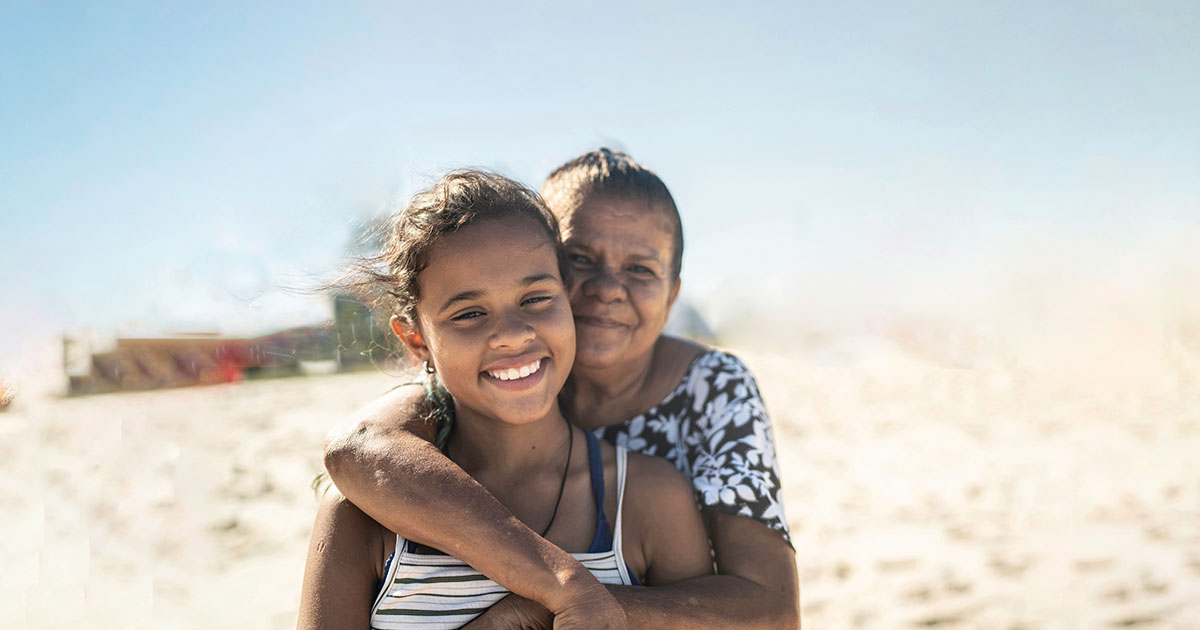Instead of getting defensive, churches should work to address domestic violence
- Details
As seen in the The Age
You might have seen the recent media coverage looking into the relationship between church leaders and church members who have experienced family and domestic violence. As part of a series on domestic violence and religion, the ABC recently reported on claims the church is failing to protect victims, and enabling perpetrators.
Some commentators have claimed it to be an "attack on Christianity", part of an ongoing campaign to vilify institutions and people of faith. This is a dangerous misinterpretation of the reporting, which speaks to an important issue that we all need to work to address.
The statistics around domestic and family violence in Australia are nothing short of shocking. On average, at least one woman is killed by a partner or former partner each week, and one in four Australian women has experienced physical or sexual violence by an intimate partner.
Although men and children can also be directly affected, the vast majority of people who experience domestic and family violence are women. Domestic and family violence is underpinned by gender inequality and entrenched gender roles, with research showing a clear link between a lack of support for gender equality and violence against women.
We also know that domestic and family violence is a major driver of homelessness: two in five people who requested help from Specialist Homelessness Services in 2015-16 were experiencing domestic and family violence.
No one can deny the seriousness of the problem. Nor should anyone deny the essential role that churches can play in identifying and responding to domestic and family violence experienced by members of their congregations.
Individuals who experience domestic violence often seek support and help from informal sources, including community and religious leaders. They are in a position of trust, and have a unique opportunity to encourage those experiencing domestic and family violence as well as perpetrators of violence to seek professional assistance.
This was recognised by the NSW Coroner's Domestic Violence Death Review Team, which recommended that the NSW Minister for Domestic and Family Violence call an Interfaith Roundtable to look at the issue of family and domestic violence.
I recently participated in that roundtable, along with representatives of many other faith-based organisations, to begin a conversation around strategies, policies, training and materials that can be used to support victims who disclose experience of domestic or family violence.
At this forum, church representatives from many faiths agreed that domestic and family violence cannot be tolerated. However, it is clear that more work needs to be done to "lift the veil" and raise awareness of the issue in religious communities.
Until a person understands what to look for, it can be difficult to see the signs of domestic and family violence. Education is also needed around how to respond when someone makes a brave decision to disclose. At that time a supportive and compassionate response is critical and information about specialist services that can help people exit threatening situations must be on hand.
For women in controlling relationships, opportunities to access safe spaces where they can seek help can be limited. Their partners may restrict where they can go and who they can speak to. Sometimes their church is one of the few places they can visit alone. For that reason, churches can offer women not only a safe haven but an opportunity to take the first step towards safely removing themselves from a threatening partner.
Now is the time for an open dialogue, not for burying our heads in the sand.
Community neighbourhood centres can also play this role. Buildings that house many services including faith-based organisations, as well as family and domestic violence supports, can allow a woman to seek help without openly identifying that she is doing so. Our outreach services in local neighbourhoods can be a vital first point of contact for women seeking help.
As an authoritative social and moral voice, church leaders are well placed to emphasise that controlling or abusive behaviour is not acceptable and to make it clear that scripture should not be manipulated for that purpose.
Gender equity is an issue that all faiths grapple with. In many churches there are defined roles for men and women. In some church communities they are not always treated as equals. When women are viewed as "lesser" members of a congregation, there is a risk that they will also not be accorded the respect they are entitled to in their marriage or relationship or when seeking assistance from leaders in the church.
Misguided and uninformed counsel to women to "submit and forgive" is entirely inappropriate. Those approaches can keep women living in dangerous and unhappy situations. In many instances, the church plays an important and beneficial role in counselling couples through difficult times, but maintaining a relationship should never take precedence over a person's physical, emotional and mental wellbeing. The objective should be to intervene early with vulnerable families, prior to any violence occurring, and safety must always be the priority.
We need to accept that domestic and family violence will affect every community, every religious denomination and every individual church, synagogue and mosque, and take appropriate action to address it wherever it happens.
Some see domestic and family violence as a "women's issue". Others claim that it is a problem that men must solve. This debate is not useful. It is an issue our entire community must tackle together, whether male or female, and regardless of religious beliefs.
Rather than reacting defensively to perceived attacks on Christianity, church leaders have the opportunity to advocate strongly against domestic and family violence and stand with those experiencing this violence.
Now is the time for an open dialogue, not for burying our heads in the sand. The Christian community can stand together to make domestic and family violence unacceptable in our churches and in our society.

Catherine Yeomans
CEO Mission Australia
@cathyeomans
Related media releases
Read about what we’ve been working on, our stance on important social issues and how you make a difference to vulnerable Australians' lives.



